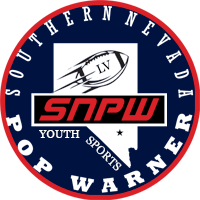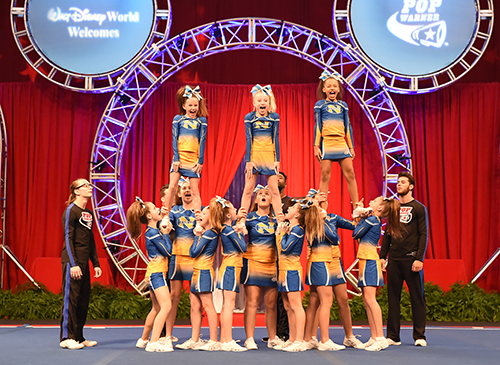Below are some tips compiled by the National Athletic Trainers’ Association that help reduce cheerleader injuries at all levels:
- Proper Conditioning: Physically prepare and maintain your body’s strength, flexibility, and stamina for stunting and tumbling. Strengthen your core muscles (abdominal and lower back muscles) along with the upper and lower body and include aerobic (running, jogging, cycling, swimming) and anaerobic (wind sprints, circuit training) activities.
- Exercise Reminders: Warm up, stretch and cool down for every practice or competition and be sure to rest.
- Proper Equipment: Practice on mats or padded flooring until your routines are perfected. Make sure the mats are adequately sized and sufficient for the activities you’re performing.
- Spotting: Have trained spotters present and engaged at all times.
- Knowledgeable Coaches: Make sure your coaches are certified in safety, first aid, CPR and AED use.
- No Horseplay: Focus at all times during stunting and tumbling activities.
- Communication: Request that your coaches review safety precautions, rules and regulations with the squad on a regular basis, and that they establish and implement an emergency action plan.
- Read Safety Guidelines: Ask your coaches to be familiar with the latest Pop Warner Rules Book, YCADA (Youth Cheer and Dance Alliance) safety guidelines and participate in the ASEP (American Sport Education Program) Coaches Online Education Training for basics in cheerleading principles;
- Know Your Limits: Be aware of your ability level and do not attempt advanced level gymnastic or stunting skills before mastering less advanced skills. Always have a supervisor present.
- Treatment of Injuries: Promptly attend to any injuries you sustain. Your school or organization’s athletic trainer can assist in the proper treatment and prevention of such injuries. He or she can also offer an injury prevention education seminar and assist in creating the conditioning routine.
Injury Prevention & Control: Concussions:
A concussion is a type of traumatic brain injury, or TBI, caused by a bump, blow, or jolt to the head that can change the way your brain normally works. Concussions can also occur from a fall or a blow to the body that causes the head and brain to move quickly back and forth.
Health care professionals may describe a concussion as a “mild” brain injury because concussions are usually not life-threatening. Even so, their effects can be serious.
Red Cross CPR and First Aid Certification:
Pop Warner rules require that “All practices must be attended by one person holding a Red Cross Community CPR and a First Aid certification OR National Center for Sports Safety PREPARE Certificate of Completion, or equivalent, if not by an EMT or volunteer physician.”
PREPARE Level 1 Sports Safety eLearning Course from the National Center for Sports Safety (NCSS) is offered to Pop Warner Coaches for $32.40 by entering promo code POPWARNER2017 during online registration at www.sportssafety.org). Have 10 or more coaches who need to take the course? Contact the Center for a group rate: info@sportssafety.org or 205- 329-7535. PREPARE is an online user friendly sports safety course that covers a wide-range of sports-related injuries and illnesses as well as preventative measures. Click Here for More Information.



